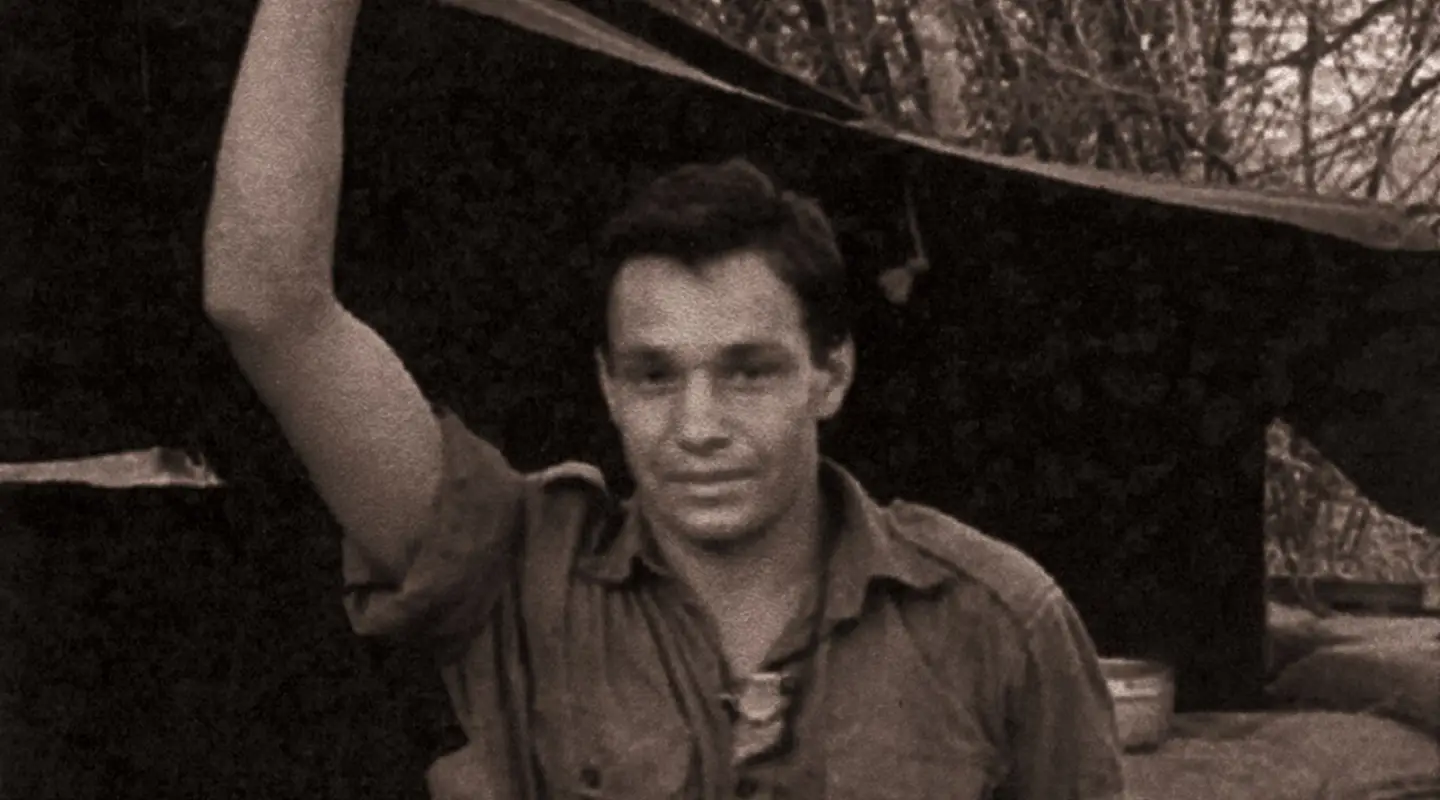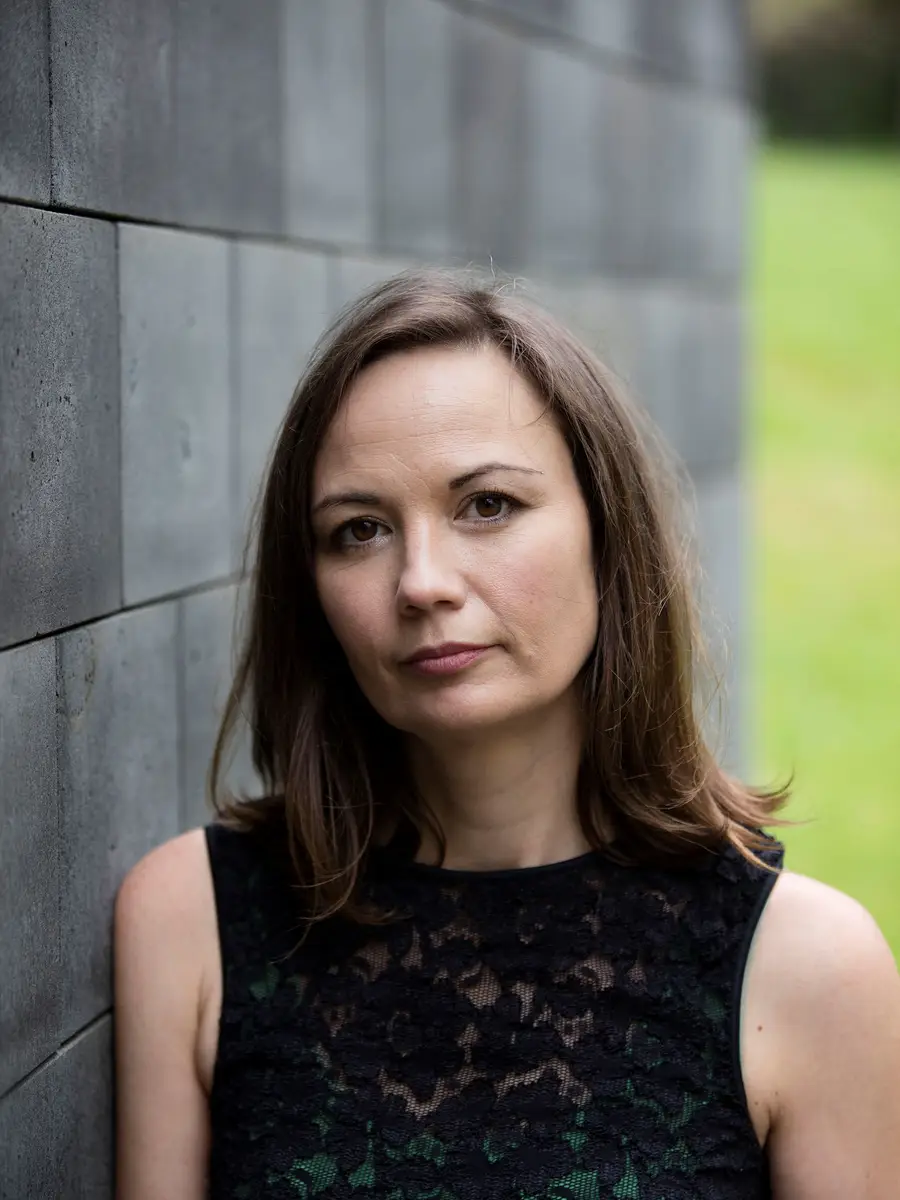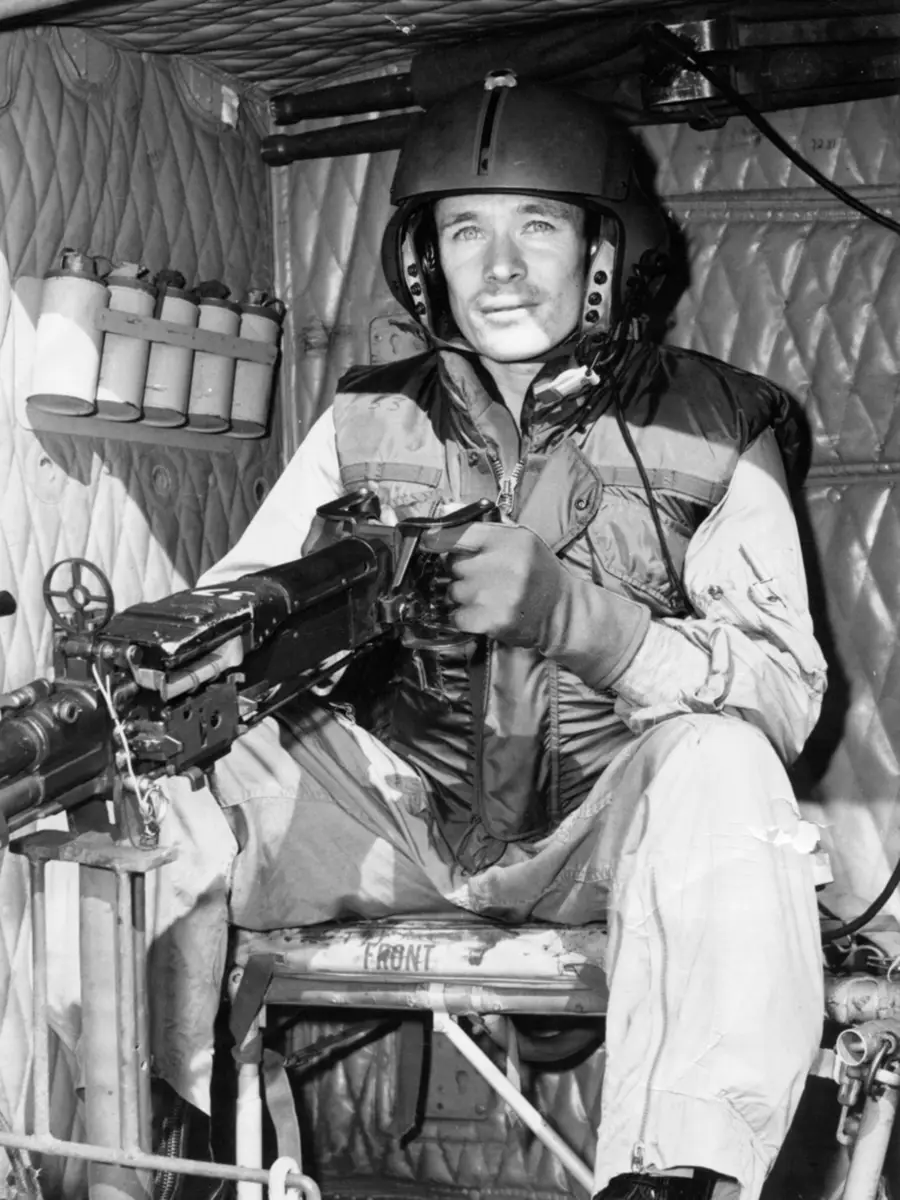Frank Clarke, Vietnam War veteran
With my mother's people, I'm Wergaia, that's the nation I belong to, and then my dad's people are Gunditjmara from down the western districts.
I didn't want to do what my dad did. I didn't want to do labouring work. I didn't want to shear sheep or do stuff like that. And I thought, well, joining the military would be a good idea.
I came down on the 17th of January 1964 and had me medicals and everything, and I passed, and then I swore allegiance to the Queen, country and everything else, and found himself as a private recruit.
There was no racial prejudice in the military. We were all green, and we were all trained the same. We all slept in the same hut.
If you got into trouble, the rest of the blokes got into trouble, and we all did our penance all together. Um and that was just the way it was. It didn't matter what colour you were, you wore the green, and that was it.
I was in 2 Battalion when Vietnam started, and I came back off leave Christmas 66, and the next day I was going to the 5th Battalion, Royal Australian Regiment, down in Sydney.
Went through Canungra, three weeks jungle training, which I really loved, and then seven days down in the Wyangri Forrest, where we were doing all our contact drills, and then off to Vietnam.
We went to Vietnam to fight the Communists. They were a people from the North that had different ideas, and their ideas were pretty bad.
They'd go into villages and that and execute the headsmen and kill his family and all that.
They'd carry out atrocities, but they were never brought to justice for what they did, and yet people back here called us baby killers and all these names, but they never were told what the Viet Cong were doing and what the North Vietnamese were doing to the people.
Well, I guess we were on alert 24 hours a day, so the adrenaline was on that, just on the edge of bursting, and as soon as something happened, the adrenaline just sky-high, and that was it.
So, virtually for the 12 months we were over there, even though we had R&C and that, we weren't out of danger.
I think that, yeah, it was a part of my life. Sure, it was a horrific part of it, but if I had to do it again with the same blokes, I'd do it again, yeah, with the same group, or even with any other battalion, I'd do the same thing.
When I left Vietnam, I thought I was okay, but as time went on, I got angrier and angrier, yelling at the kids, yelling at me missus, and being angry with everyone.
And, you know, that went on from when I first came home, right through, I didn't know it was happening. The first missus left me five years after we got married.
The second missus left me after 15 years, and, yeah, and it wasn't until my second wife left me that I decided to do something about it.
I went to Vietnam Veterans Counseling Service and did a course, six-week course with them, and did a lot of talking and that, and they didn't teach it, tell you much.
I think the best part of it was that, because I was working for education, I was going to talk to the Year 12 kids about my experience in Vietnam, and during the social studies, and so that was one way of getting it all off my chest.
I think virtually by the time I got my pension, all that was gone until I did, then eventually I did the post-traumatic stress course, and after that I was good.
I've always known who I am, where I come from, who my relations are, and I know who all my friends are.
They're all veterans. There are a few people which I've let in from that aren't veterans.
I treat everybody equal, and I expect to be treated the same way back, and I think that's ingrained from the Army.
Frank Clarke is a Wergaia and Gunditjmara man. He grew up on the Aboriginal reserve at Bordertown in South Australia and came to Adelaide to join the army in 1964.
He went to Vietnam in as a member of 5RAR in May 1966, departing Australia only two days after being married.
Deployed as a rifleman, Frank’s most memorable operation was as in support of 6RAR in the Battle of Long Tan.
Discharged from the army in 1970, Frank later worked in the railways and then as public servant.
Accession: AWM2017.580.1.5
Ripples of Wartime
Ripples of Wartime is a series of short interviews with Australians involved in and affected by the Vietnam War.
Filmed by Malcolm McKinnon for Brink Productions, they were made in association with the stage production Long Tan, which premiered in Adelaide in 2017.
Recording servicemen and servicewomen, conscripts and volunteers, families of those who served, anti-war activists and protestors, displaced people and post-war immigrants – the project truly reflects the complex and divisive nature of the Vietnam War.


